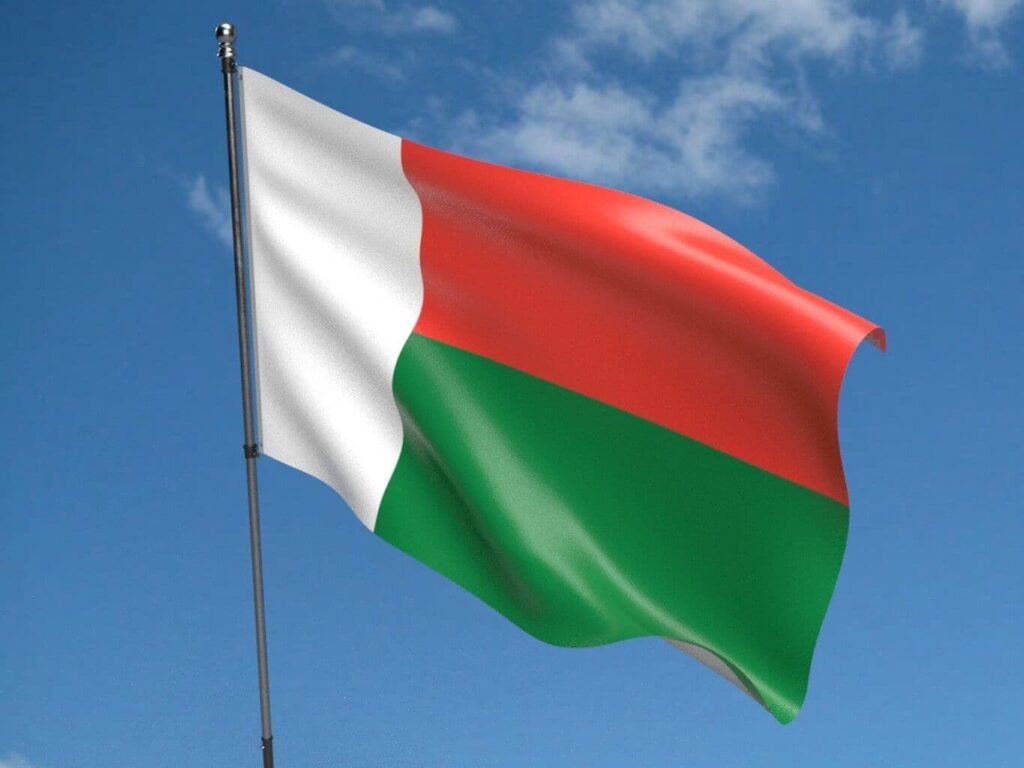Fourth-biggest island on the planet, Madagascar is one of the most biodiversity nations on the planet. Home to many types of plant and creature life of which around 80% can’t be found elsewhere in the world. The intriguing uniqueness of this island has driven some to class it as the world’s eighth landmass. Staggering and vivid chameleons, spooky-looking fossas, tomato frogs, goliath rodents, strangely formed insects, and hedgehog-like tenrecs are only a couple of the inquisitive animals that possess this extraordinary domain. Simultaneously, the country’s detachment for quite a long time has created striking tree species, like lofty baobabs. Madagascar is essentially stunning, and a photographic artist’s blessing from heaven.

Medical services
There are both private and public emergency clinics in the nation’s capital, Antananarivo, where clear treatment and tasks can be given. Nonetheless, medical services offices are restricted and anybody requiring more mind-boggling medical procedures should be moved to a clinic in South Africa or Reunion. Clinical services are free to occupants, however taking out a private, global medical care protection is firmly suggested for any expat living here.
Clinical issues on the island incorporate jungle fever, leprosy, and tuberculosis. Even though medical services programs are set up to battle these illnesses. Exiles living here are encouraged to try not to drink tap water except if it has been boiled.
Transportation
Transport here is essentially by road. A Worldwide Driving Permit is required for all foreign nationals wishing to drive in Madagascar. Most vehicle hiring organisations expect clients to have had their vital driving permit for at least a year and to be 23 or over. A few organisations will just permit vehicles to be leased with one of their drivers. Individuals drive on the right-hand side of the road on this island. Most streets are soil tracks as opposed to paved (as a matter of fact, under 15% of the streets are paved) and some might be especially risky in the blustery season. A four-wheel drive is fundamental on the off chance that you mean to go to an external town. Be careful with creatures, trucks and pedestrians on the streets. Expats here ought to stay far from specific roads, especially in rural regions. It is prescribed to keep your vehicle entryways locked while driving. Particularly when in Antananarivo, the capital city. Inside Madagascar’s towns, you will see and regularly be urged to employ one of the numerous carts or pousse-pousses. You will likewise find a lot of cabs and passages are normalised. Working in street conditions, as well as distance and time. Rail services are exceptionally restricted in Madagascar. A train line runs between Fianarantsoa and Manakara, with an excursion time of no less than 12 hours. Top-of-the-line tickets should be saved ahead of time. Boat trips are likewise accessible off certain pieces of the coast, with the chance for whale watching, swimming, and jumping. It is better to request local proposals to guarantee your travel with a dependable administrator.
Wellbeing and security
Madagascar has a democratic system yet in addition one of the world’s most unfortunate nations and has been politically unstable for a very long time. Following the political coup of 2009, security conditions declined. However, in 2014, a majority-ruled government was reestablished and there is expected decreased civil unrest. Lately, there have been rates of rioting and ransom activities. As well as large quantities of burglaries. Outside nationals, whether they’re going on business or as sightseers, could be defenceless against wrongdoing. Pickpocketing is normal in towns, on seashores, and in public parks. It means a lot to be careful when making trips, especially in jam-packed places. If ostracises residing here wish to tour regions. For example, in the public parks in their relaxation time, it is prudent to go on coordinated visits where they’ll be joined by an aide and security faculty.
You may also find these articles helpful
